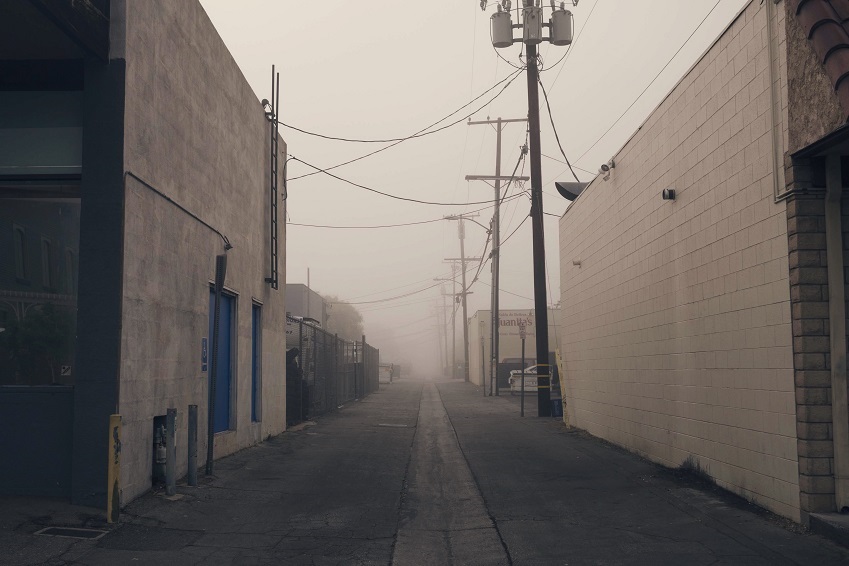
by Zara Raheem
Bombs went off at the Istanbul airport.
42 people lost their lives.
Over 200 were injured.
The world responded with silence.
On Easter Sunday, explosives detonated in a park in Lahore, Pakistan.
75 people were killed.
Over 340 were injured.
The world responded with silence.
Last April, gunmen attacked a school in Kenya.
147 students were brutally massacred.
79 people were injured.
The world responded with silence.
Every single day, thousands of innocent lives are buried in
Syria,
Libya,
Palestine,
Afghanistan.
The world remains silent.
It is through this silence that the message is sent loud and clear:
the loss of black and brown bodies are not as worthy of mourning as the loss of white lives.
They are not as worthy of colored flag filters
and “pray for” hashtags on our social media feeds.
They are not worthy.
Don’t tell us “we are all the same”
when not a single mainstream news outlet sends out reporters to cover our loss.
Don’t tell us “all lives matter”
when you can’t even utter the name of a single victim who lost their life yesterday.
The world is always ready to demonize us,
but fails to recognize that we are victims too.
We are grieving too.
We too are children,
and parents,
and sisters,
and brothers.
We are human too.
This silence does not anger us.
How can it?
When our very existence is ignored,
how can we expect to be acknowledged in our deaths?
This silence corroborates our struggles.
It strengthens us in our collective weakness.
It unites us.
It gives us hope.
Hope that our Muslim sisters and brothers will remember this silence.
We must remember this silence.
As it gives sound to the confusion,
and heartbreak,
and fear,
and isolation
that sits in the pits of our fasting stomachs at this very moment.
Because when the tides shift–as history has shown us they always do–we must remember this silence, so we can be sure to never contribute in making another group feel the same.
 Zara Raheem has a B.A. in English Literature and a Single-Subject Teaching Credential from California State University, Fullerton. She currently lives in the Bay Area and is pursuing her passion for creative writing as a graduate student at San Jose State University. Her writing has been published in Muse India, EastLit Journal, eFiction India, Polychrome Ink, and The SF Bay Reader.
Zara Raheem has a B.A. in English Literature and a Single-Subject Teaching Credential from California State University, Fullerton. She currently lives in the Bay Area and is pursuing her passion for creative writing as a graduate student at San Jose State University. Her writing has been published in Muse India, EastLit Journal, eFiction India, Polychrome Ink, and The SF Bay Reader.




